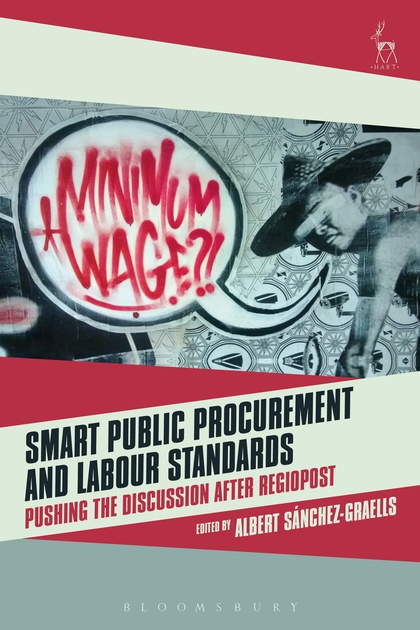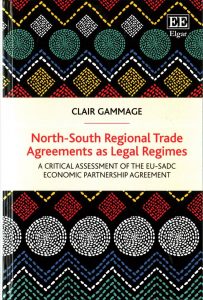By Dr Katie Bales, Prof Alan Bogg, Prof Michael Ford QC, Prof Tonia Novitz and Ms Roseanne Russell, Centre for Law at Work (University of Bristol Law School).

Don Lane was a DPD courier, whose written contract described him as an ‘independent contractor’, aiming to ensure that he was neither an ‘employee’ nor a ‘worker’ and therefore was not entitled to the legal rights such as protection against dismissal, the national living wage, paid holidays, or even statutory sick pay. He suffered from diabetes and, having already been fined £150 for attending a hospital appointment earlier in the year, died in January 2018 after working through the Christmas season despite illness. His employers knew that he had suffered from a diabetic collapse at work but adopted a system which strongly discouraged him taking any time off for sickness: no income for sick leave and, worst of all, fines. The media has documented other examples of the abusive treatment of ‘gig’ workers in courier companies such as Hermes and Amazon.
In July 2017, ‘Good Work’, Matthew Taylor’s Review of ‘Modern Working Practices’ was published. The Report aimed to promote ‘good work’ through the adoption of 53 recommendations. In February 2018, the Government published its response, also entitled Good Work, mostly accepting the Review recommendations, but ducking their implementation by offering further ‘consultation’. Accompanying the thinly reasoned Response were four hastily drawn up consultation papers, on employment status, transparency in the labour market, agency workers and enforcement of employment rights.
While the Government says it is contemplating ‘the single largest shift in employment status since the Employment Rights Act in 1996’, its focus is on clarifying rather than extending its ambit. The reason seems to lie in its endorsement of the ‘flexibility’ of the current UK labour market, following Taylor’s lead, enabling individuals and employers ‘to make the choices that are right for them’. The notion that such choices are structurally constrained is ignored; rather the blame is laid at the door of the exceptional ‘bad’ employer. While some improvements are contemplated, they do not broaden the scope of access to statutory rights at work in a way that would have helped Don Lane or will prevent other forms of abuse. (more…)




